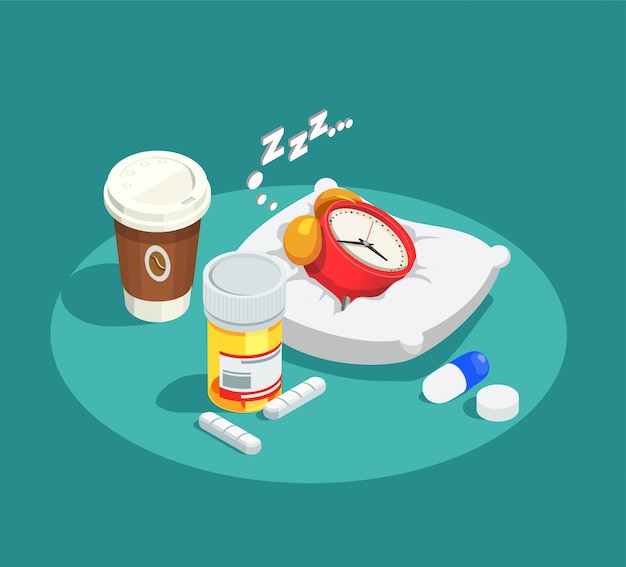As we age, our bodies undergo numerous changes—metabolism slows, activity levels often decrease, and appetite may shift. These changes naturally influence what and how much we eat. But while nutrition and portion sizes are widely discussed in the context of aging, one critical factor has remained less understood: meal timing.
Recent research led by scientists at Mass General Brigham and their collaborators is now shedding light on how the timing of meals changes as we grow older—and how those shifts may impact overall health. Their findings suggest that when we eat may be just as important as what we eat, especially in later life.
The study analyzed eating behaviors in older adults over an extended period, using digital food logs and wearable activity trackers. Researchers observed a consistent trend: as people age, they tend to eat fewer meals, consume most of their calories earlier in the day, and often skip evening meals.
This shift isn’t necessarily due to intentional dietary changes. Instead, it appears linked to biological rhythms, social routines, and even changes in sleep patterns. Many older adults go to bed earlier and wake up earlier, which naturally compresses their eating window. Some also report reduced hunger in the evening, leading to skipped dinners or lighter meals.

Our bodies operate on a 24-hour internal clock known as the circadian rhythm. This biological system regulates everything from sleep-wake cycles to hormone release—and crucially, digestion and metabolism. When we eat in alignment with our circadian rhythms, our bodies are better equipped to process nutrients efficiently.
Eating late at night, for example, can disrupt metabolic processes because insulin sensitivity tends to decrease in the evening. Conversely, consuming the majority of daily calories earlier in the day—especially at breakfast and lunch—has been associated with improved glucose control, better weight management, and reduced risk of chronic diseases like type 2 diabetes and cardiovascular conditions.
The study found that older adults who maintained a consistent, earlier eating schedule had more stable blood sugar levels and reported higher energy during the day. Those who ate irregularly or delayed their first meal showed signs of metabolic inflexibility, a precursor to insulin resistance.
While eating earlier may have benefits, the research also highlights a potential downside: skipping dinner or consuming very light evening meals could lead to insufficient calorie and nutrient intake. This is particularly concerning for older adults, who are already at higher risk for malnutrition and muscle loss (sarcopenia).
Protein intake, in particular, is vital for maintaining muscle mass and strength. The study noted that participants who skipped dinner often failed to meet daily protein recommendations. Over time, this can contribute to frailty, reduced mobility, and increased risk of falls.
Researchers emphasize the importance of balance—aligning meals with natural circadian rhythms while ensuring adequate nutrition throughout the day. A light but protein-rich dinner, such as grilled fish with vegetables or a tofu stir-fry, may offer the best of both worlds.

The findings underscore the need for more personalized approaches to nutrition in older adults. One-size-fits-all dietary guidelines may not account for individual differences in circadian biology, lifestyle, and health status.
Future research may explore how tailored meal timing strategies—potentially combined with activity monitoring and sleep tracking—can optimize health outcomes in aging populations. For now, the message is clear: paying attention to when we eat could be a simple yet powerful way to support long-term well-being.
As the science of aging evolves, meal timing is emerging as a key player in healthy longevity. By aligning our eating habits with our body’s natural rhythms—and ensuring we get the nutrients we need—we can take meaningful steps toward healthier aging.

Health

Health

Health

Health

Health

Wellness

Health

Fitness

Health

Wellness

Wellness

Health

Health

Fitness

Health

Health